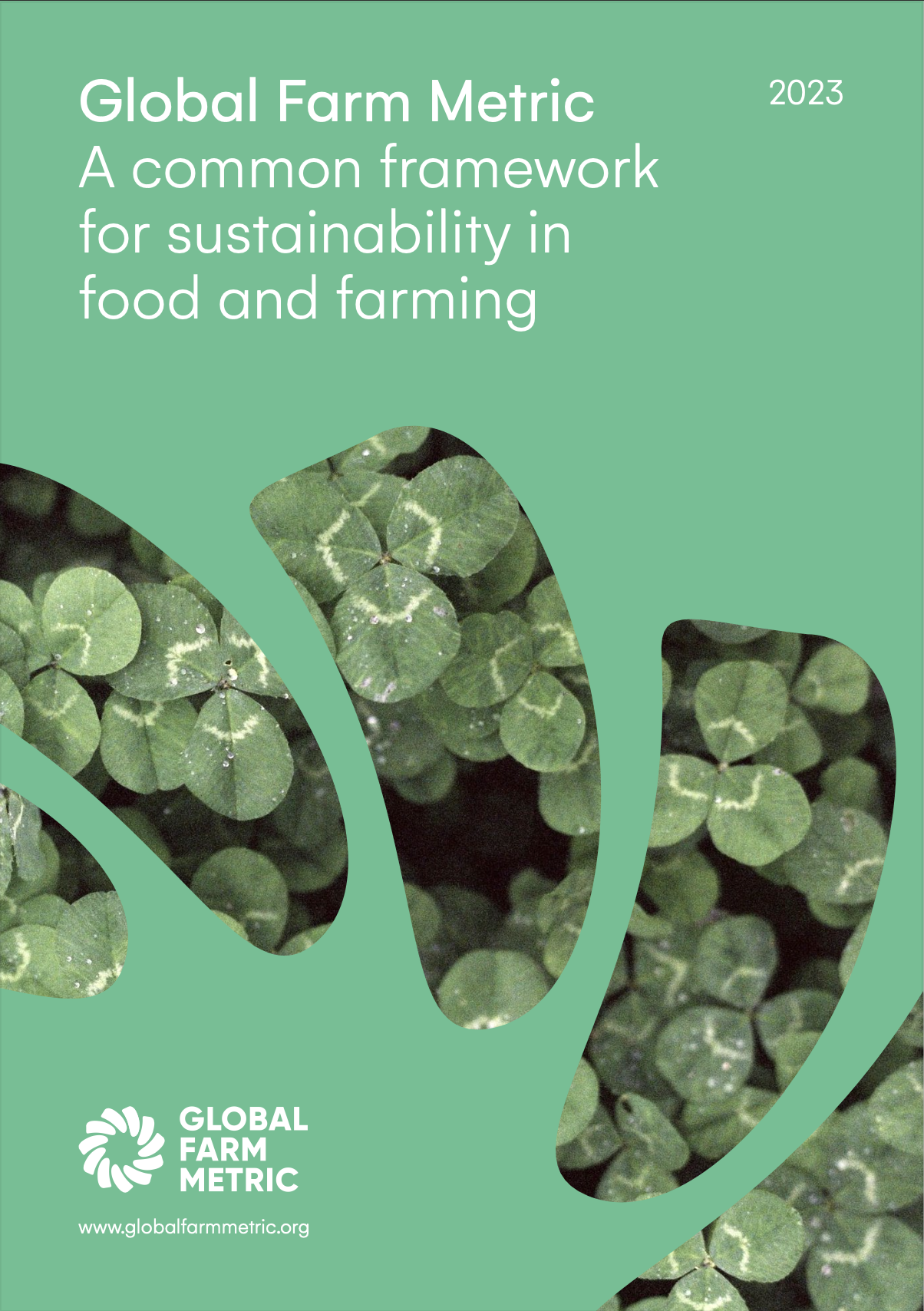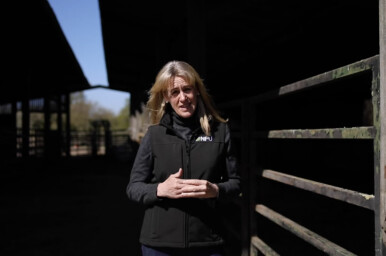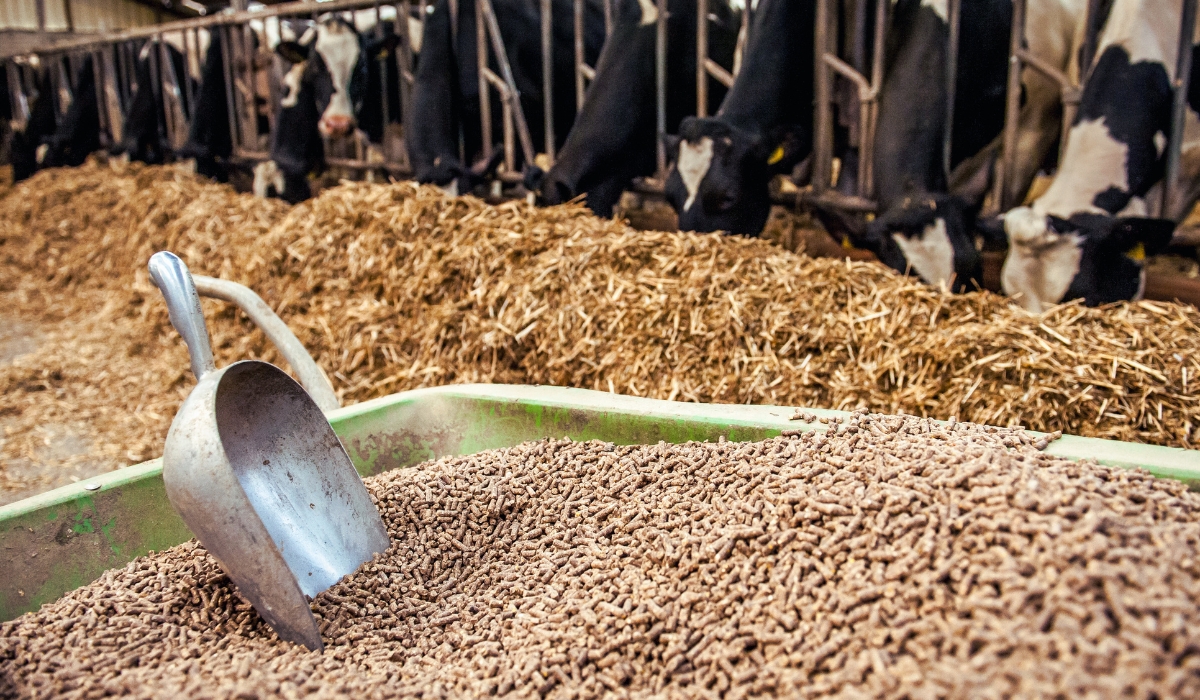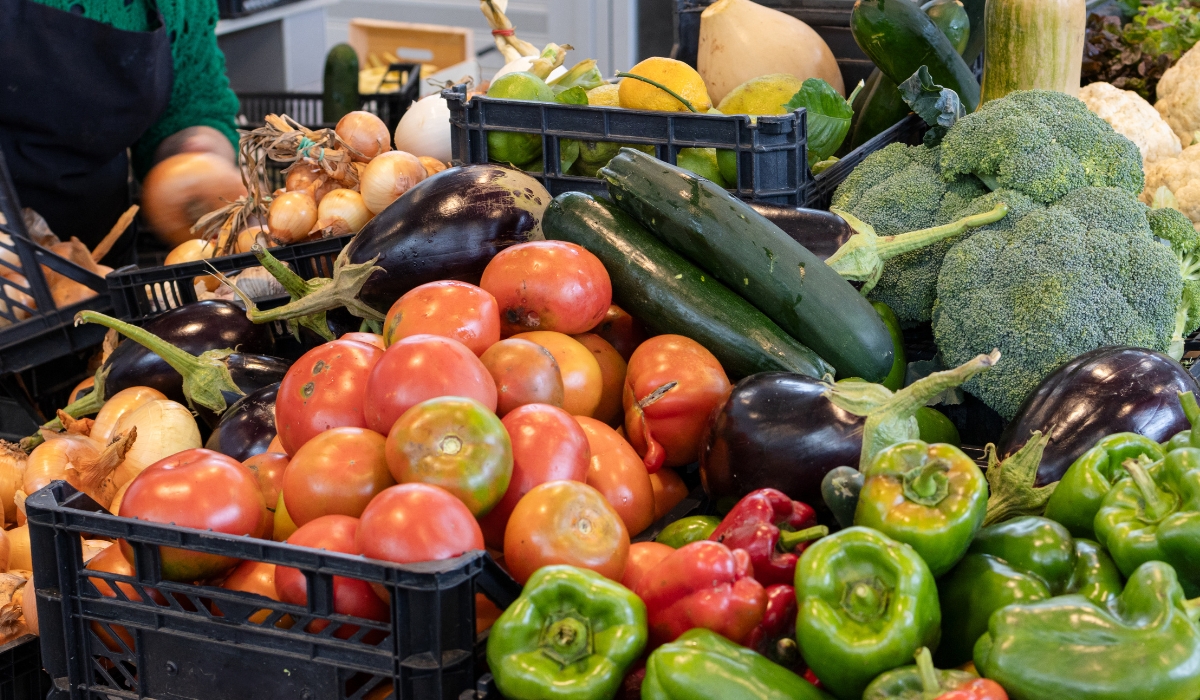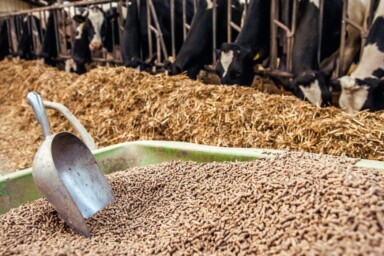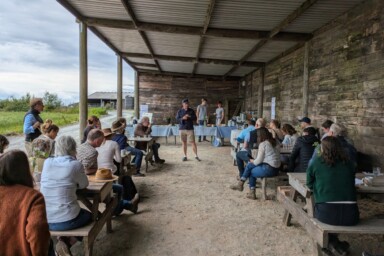The mission
To transition to sustainable food and farming systems, we need to measure our impact. This is why we have been working with the Global Farm Metric Coalition to create a common framework that defines on-farm sustainability and measures whole-farm impacts.
A Global Farm Metric creates a common language to align existing frameworks for sustainability, connect food and farming stakeholders around the world and drive positive change.
It is driven by a coalition of over 150 partners, including farmers, consultants, farming and environment groups, educators, certifiers, food companies, financial services and government.
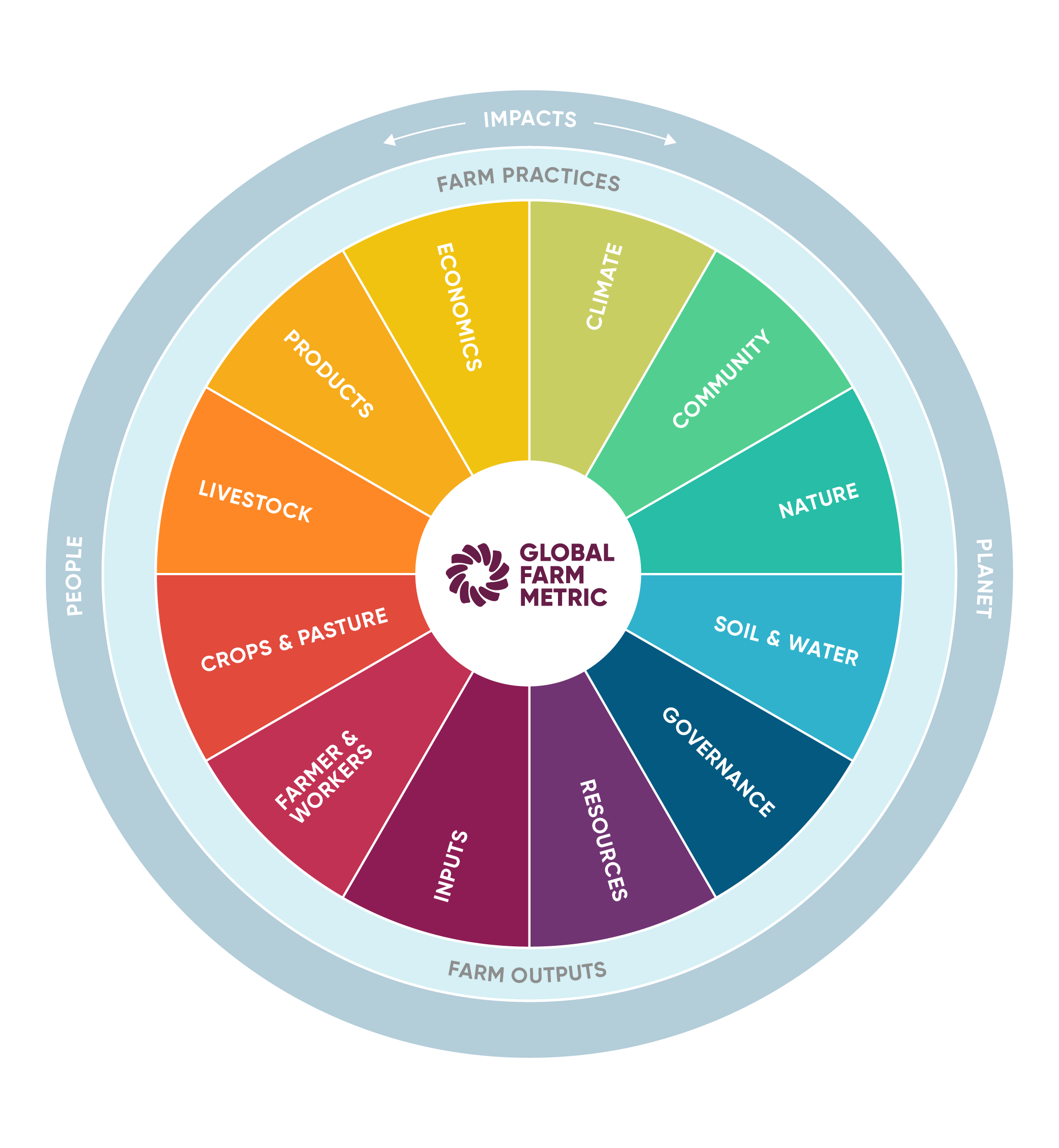
The challenge
Almost half the world’s habitable land is now farmed to feed our global food production system. What happens on these farms will determine our biodiversity, climate and future health.
A unique opportunity exists to harness the power of farming and land use to address the challenges of climate change, biodiversity loss and declining public health through the introduction of a common framework to monitor farm sustainability.
However, there are barriers that prevent farmers becoming drivers of positive change.
Barriers to change
There is no common language for on farm sustainability. There is no consistent definition of on-farm sustainability, limiting understanding of issues and where to start.
Existing definitions often overlook the interconnectedness of the farming system. Unless sustainability is understood holistically, taking into account environmental, social and economic outcomes, the pursuit of a single target can have unintended consequences on the rest of the system.
Sustainability frameworks are not developed for farmers. Often they are tools used by governments, companies and supply chains for data collection and impact reporting. This limits their ability to provide useful insights for farmers.
Focus on farm practices. Agriculture is context specific, so practices that deliver positive outcomes in one location may not do so in another.
No consistent way of measuring and monitoring sustainability
at farm-level. Farmers are asked to collect data in different ways, increasing the time-burden and complexity of assessment.
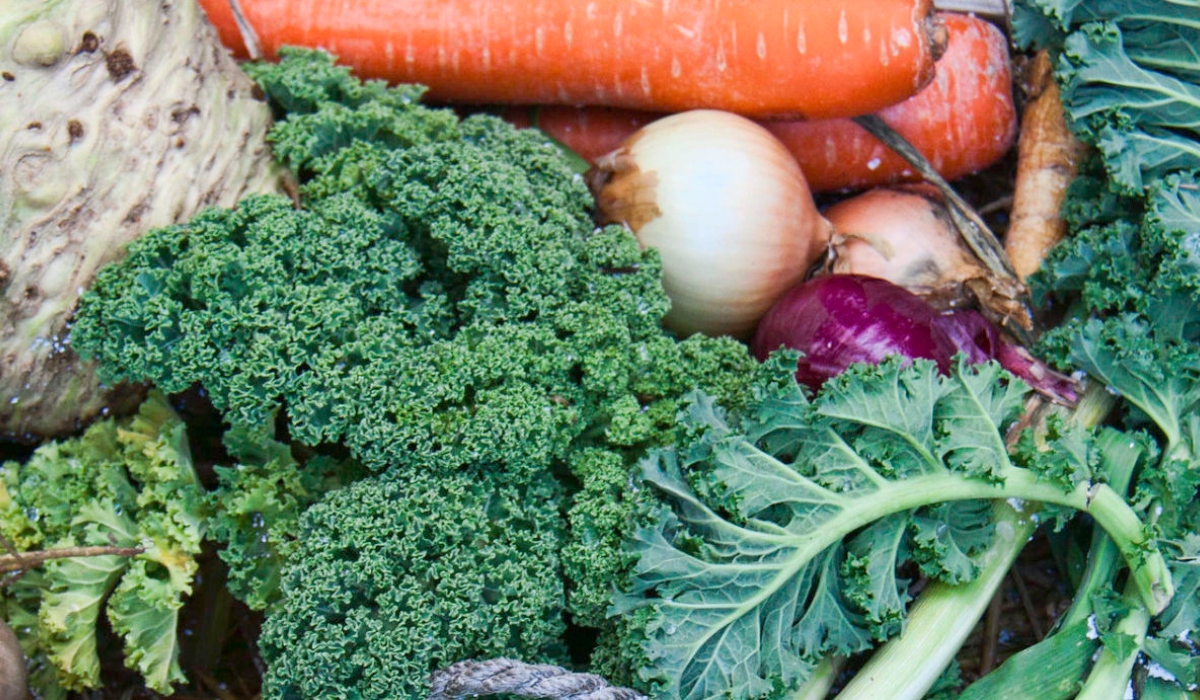
The solution
To address these challenges and take meaningful steps towards healing people and the planet, we must create a common language to measure the sustainability of food and farming systems.
The Global Farm Metric framework provides a roadmap to sustainability and defines a common set of indicators for data collection on key areas of impact. Like the financial accounting standards, this creates a common language to be embedded within existing data collection, assessment and farm management systems. For more specialist applications, additional data will still be required. For example, a carbon calculator may need more information on sources of emissions and sequestration to evidence carbon net gain and access new markets.
Read more
This common framework measures whole-farm impacts in a way that is meaningful, inclusive and developed by farmers. Looking at social, economic and environmental sustainability, the Global Farm Metric is outcomes based and practical to collect, enabling farmers to identify areas for improvement, initiate further investigation and support decision making. All farmers can then begin to understand their impacts and take steps towards becoming more resilient, sustainable, regenerative and ultimately a climate change solution.
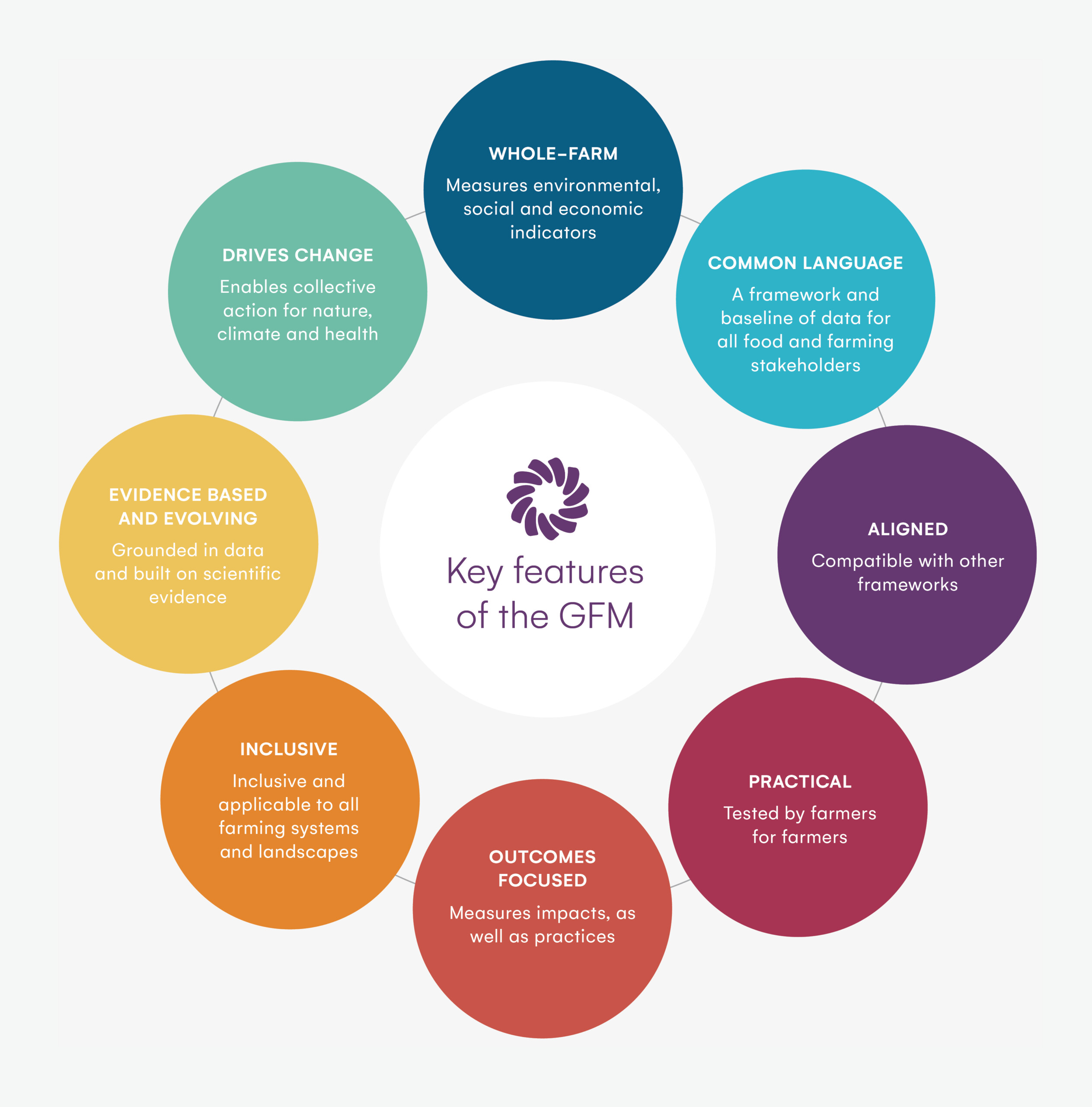
The future
This global measure of sustainability enables farmers to understand, measure and report on their whole-farm impacts in a consistent way; governments to assess, monitor and support the delivery of public goods, evidenced-based policy and progress towards sustainability goals; financial services to invest in and support more sustainable farming; the food industry to source more sustainably and amplify transparency; and the public to make more informed choices.
This way, we can reward producers who are delivering genuine benefit to the environment and public health and subsequently shift the balance of financial advantage towards more sustainable production on a global scale.
Read more
The Sustainable Food Trust has been consulting with farmers for over six years to design the first iteration of a Global Farm Metric. We are now a coalition of over 80 food and farming stakeholders. Together, we are working to develop, support and drive the mission for a global language and framework for sustainability. The next iteration of the framework will be released in 2023.

Videos and TEDx talks
Learn how the Global Farm Metric can help transform farming into a solution for climate change.
Keep up to date
With the latest news, events and ideas by subscribing to one of our newsletters.
"(Required)" indicates required fields
